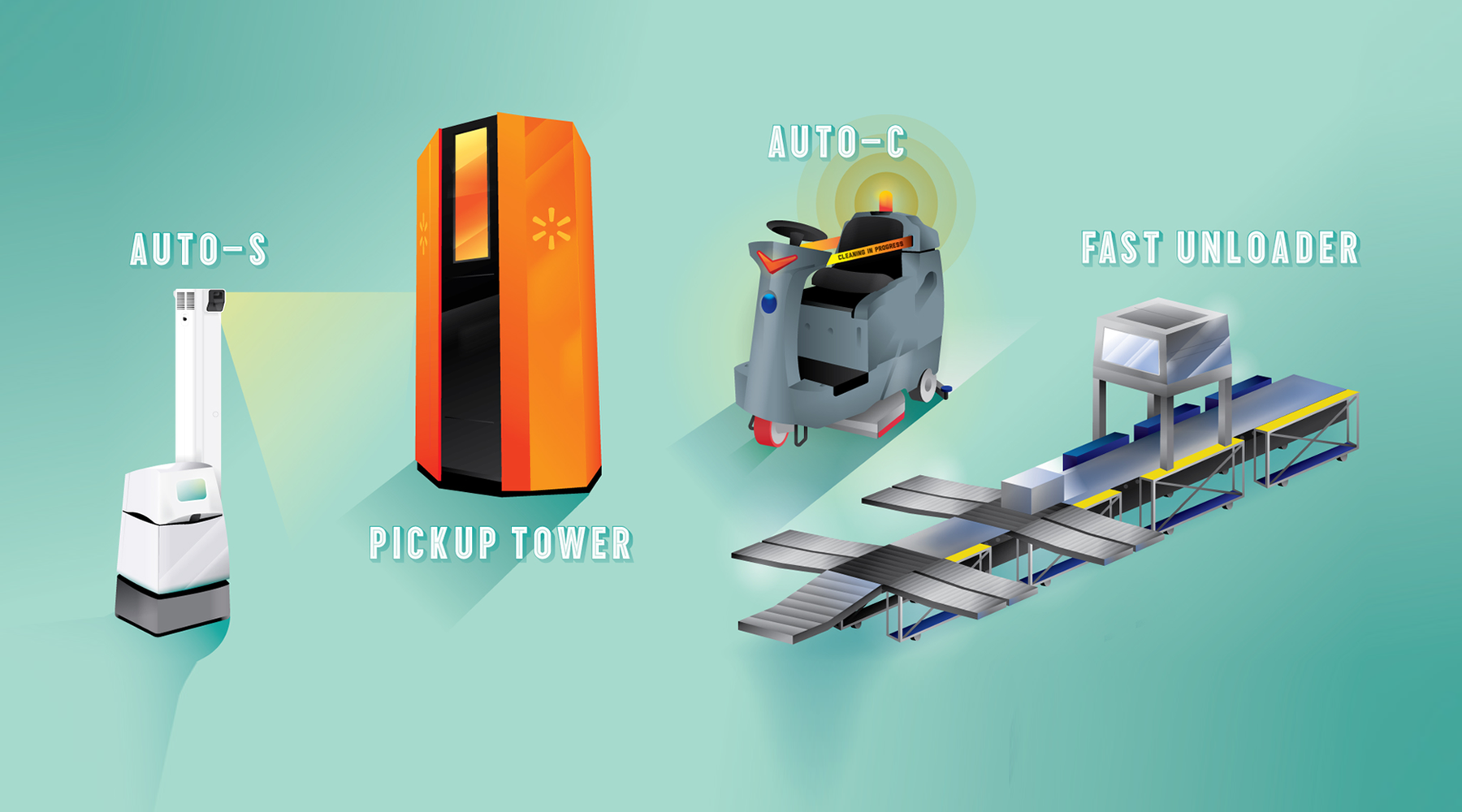More than a million industrial robots work in manufacturing plants all over the world already. And they’re getting smaller, cheaper and smarter all the time. Christopher Mims has written an article for Quartz titled “How Robots are Eating the Last of America’s—and the World’s—Manufacturing Jobs.” He begins by remembering the party at which he met Baxter, a robot made by Rethink Robotics. 
Baxter, he says, can be programmed “drunk and one handed” (he tried). Mims says you can “literally grab its wrist and show it what to do.” The robot also has humanoid features including expressive eyes on a touch-screen face.
Mims notes Baxter’s low cost. One Baxter robot is expected to cost about $20,000 — a far cry from the $100,000 and up that most manufacturing robots cost now. The average American worker making minimum wage makes around $15,000. And while Baxter is “experimental,” Mims calls it “a taste of things to come, although it’s an awful lot closer than previous robots have been.”
In the future, a factory filled with Baxters might only have a handful of humans to run the machines, especially those that require high precision work. And of course, people will need to build the robots. But Mims says, “not surprisingly, companies that make robots are sometimes the first to adopt automation as well.”
The rise of automation means — without a doubt — manufacturing jobs for humans continue to fade away. But economists aren’t quite sure what this will mean for the jobs market. Education seems key, but Mims says “you definitely have a problem of where do no or low-skilled workers go and that has a lot of economists worried.”
In his article for Quartz, Mims also says automation, not off-shoring, is the biggest threat to American jobs in the future.
There’s a lot happening in the world. Through it all, Marketplace is here for you.
You rely on Marketplace to break down the world’s events and tell you how it affects you in a fact-based, approachable way. We rely on your financial support to keep making that possible.
Your donation today powers the independent journalism that you rely on. For just $5/month, you can help sustain Marketplace so we can keep reporting on the things that matter to you.


















